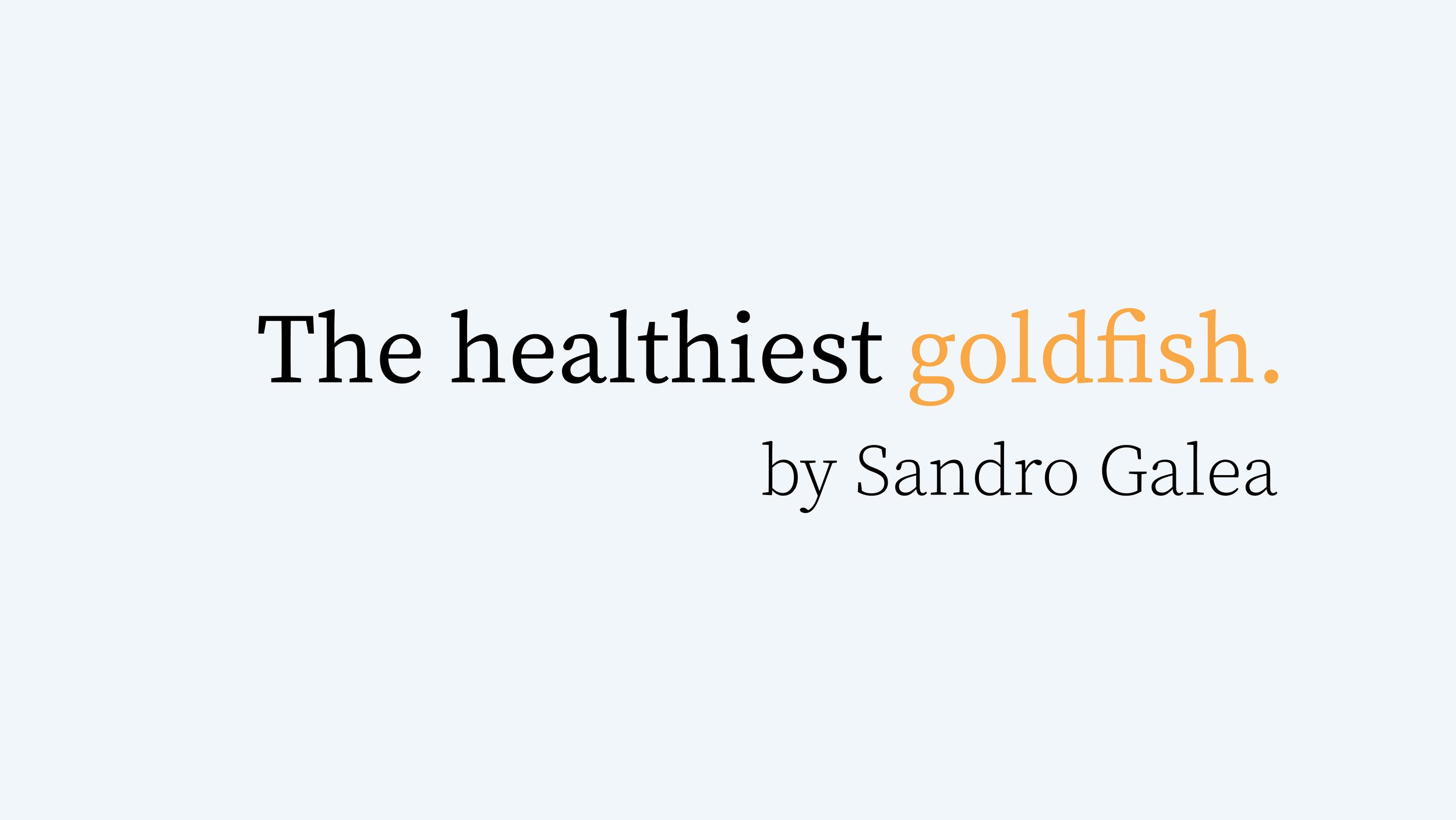Accumulated knowledge can be passed from one generation to the next. And so it is possible to pass on mistaken ideas, even ones that are harmful.
It’s worth retelling the story of the Broad Street epidemic of 1854 London to remind ourselves how difficult it is to change scientific dogma. Cholera, “whatever it was, or wherever it had come from,” as Steven Johnson described in The Ghost Map, arrived with a shattering velocity around Broad Street. Entire families died in a single night, hundreds of residents living in a five-block London neighborhood died over a few days. This outbreak attracted medical detectives because it followed a severe and more widespread cholera outbreak six years earlier that had killed 50,000 Londoners and made this problem a pressing medical mystery.
Read more here.




